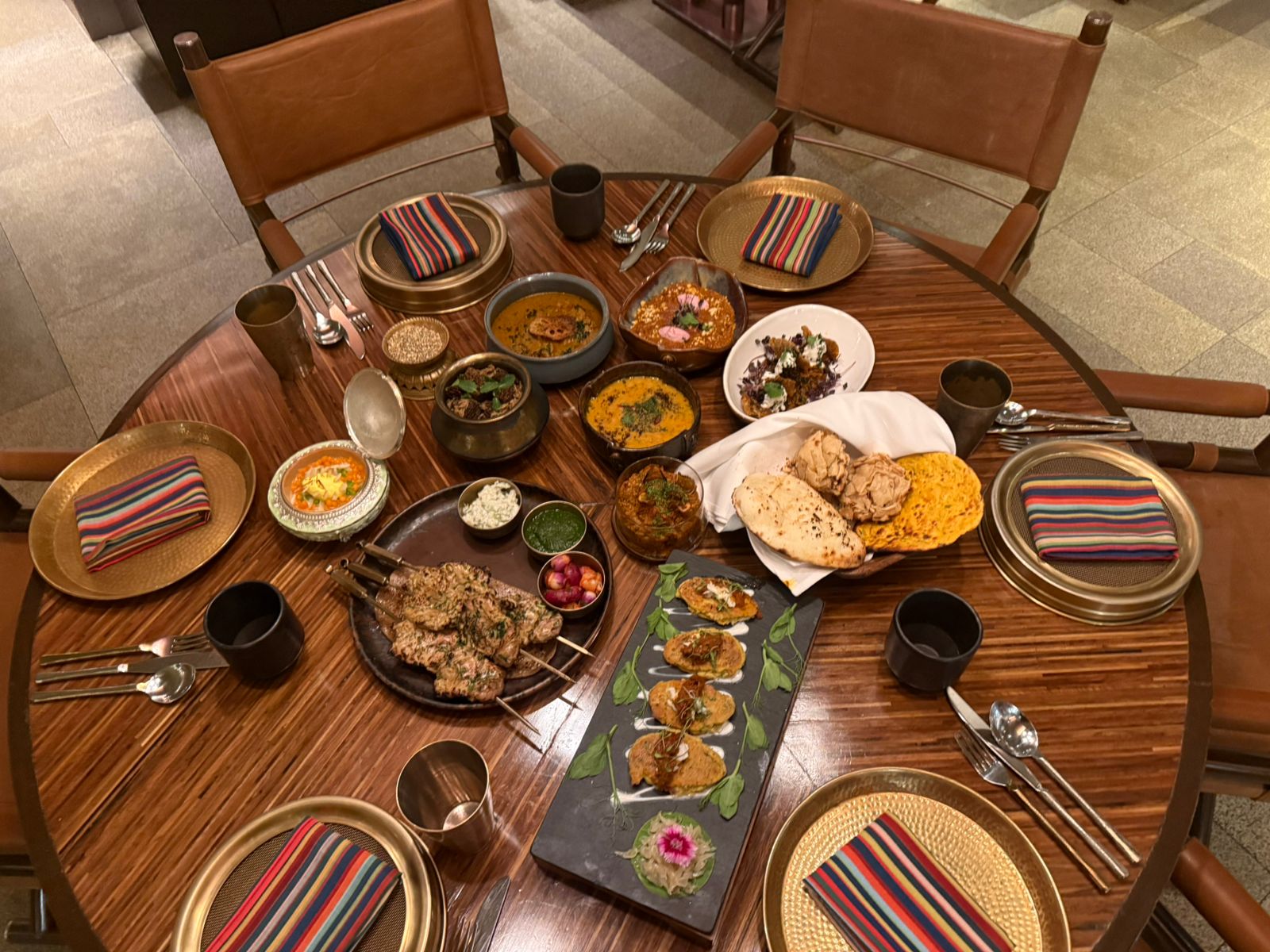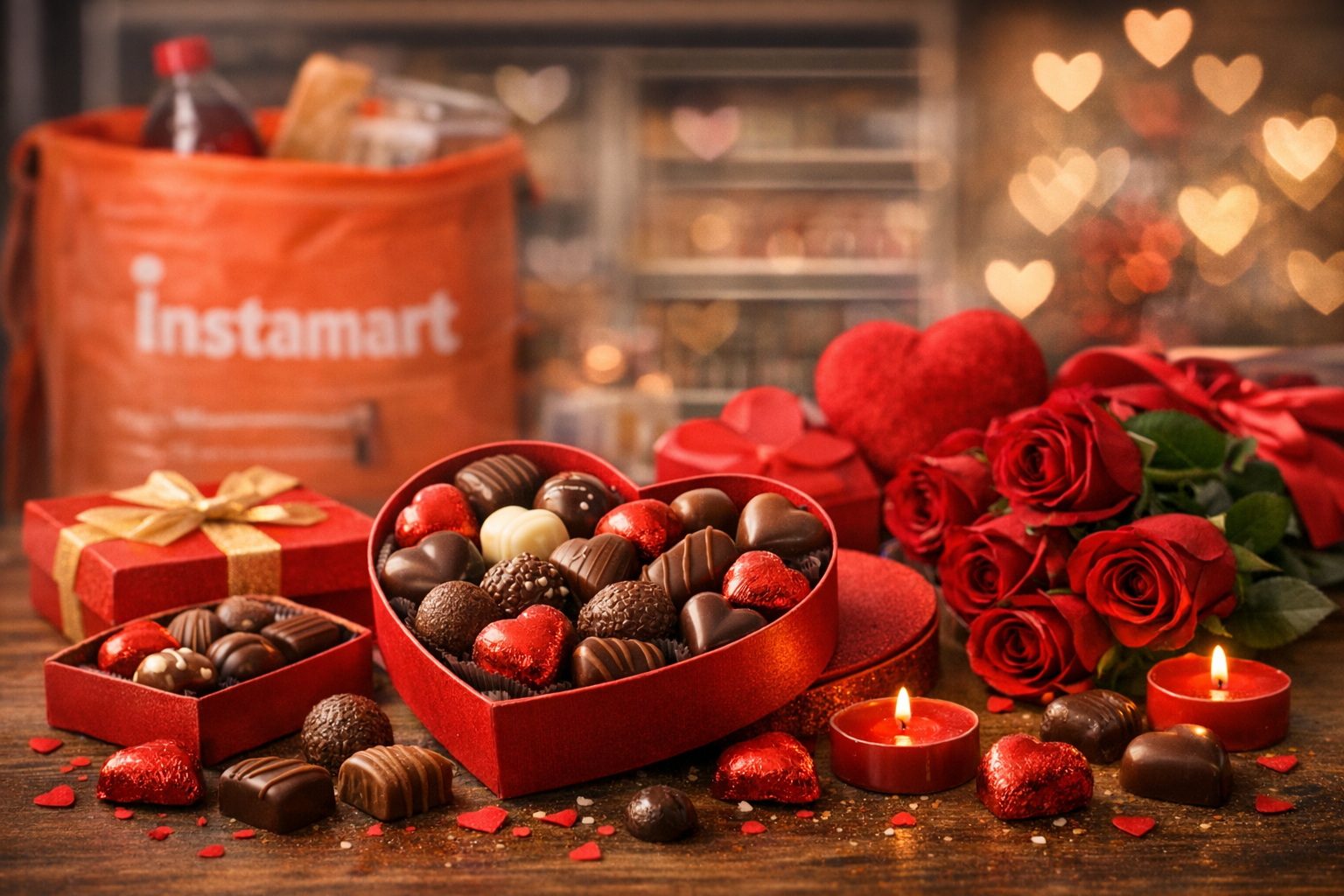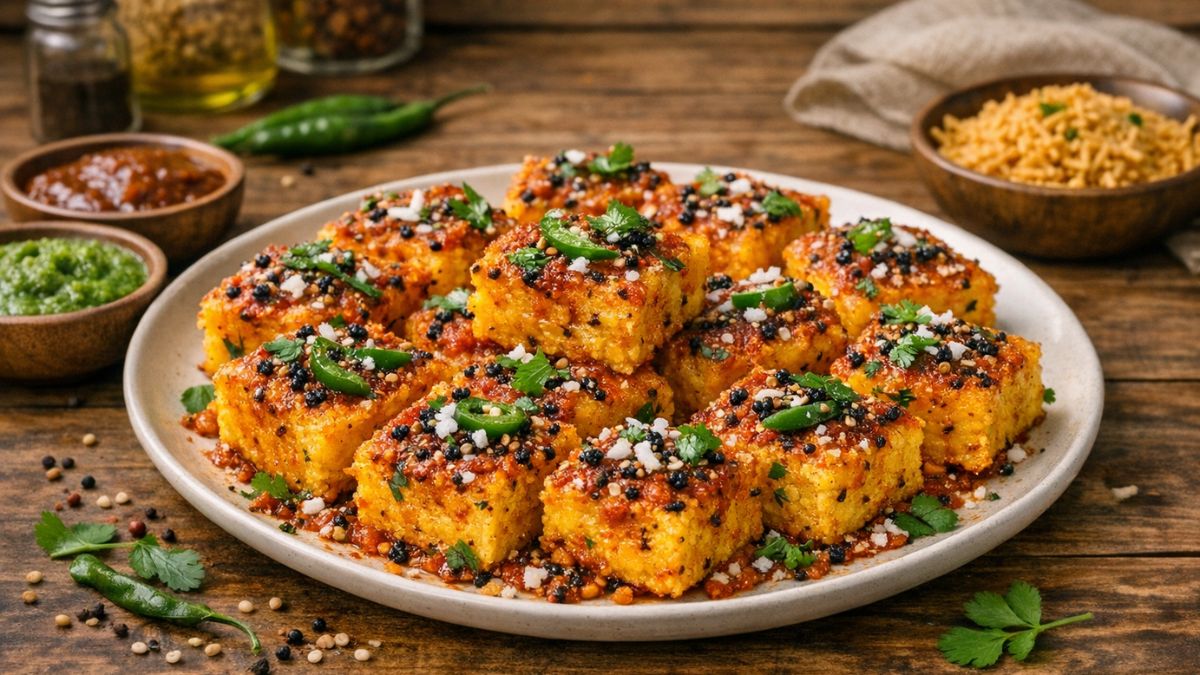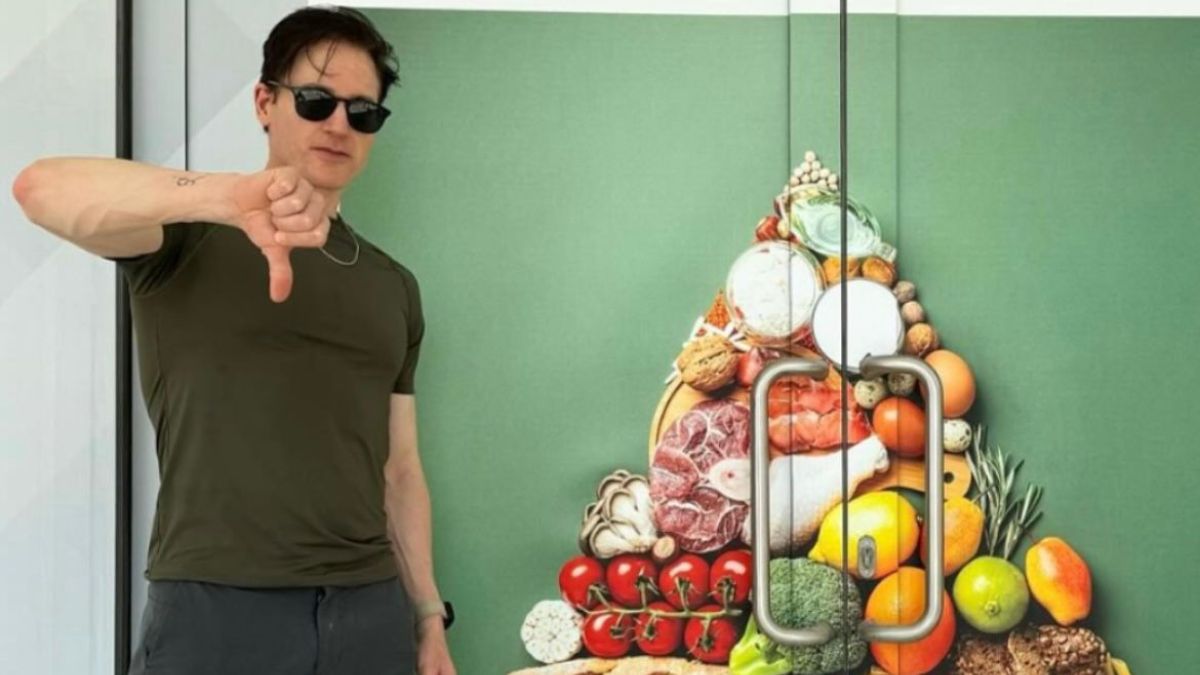In the fast-growing environment, everything tends to change faster. Even the cookware we use has drastically changed from what people traditionally used many years ago. From stainless steel, iron-cast, ceramics and plastic, every kind of utensil is available in the market. But no matter how many new things appear, the classics will never go out of style. Copper is one of the oldest types of cookware. Copper cookware, till date, remains expensive and elegant, because copper is a costly metal. The cookware needs additional care while cooking because some foods can react with them. This is why it's important to understand which foods shouldn't be prepared or consumed using copper cookware.
Also Read: 5 Foods to Avoid If You Have High Cholesterol
Here Are 5 Foods You Should Avoid Cooking In Copper Cookware:
1. Tomato
Most recipes require tomato as the key ingredient for preparing tadka and sauces. Tomato adds tanginess to food and makes the dish tastier. However, since it's acidic in nature, it should not be cooked in a copper utensil. Copper reacts with acidic food especially in high temperature.

Avoid using tomato in copper utensils. Photo Credit: istock
2. Vinegar
Vinegar is mostly used in Chinese dishes like chowmein, chili chicken, chili paneer, etc. It is another way of adding sourness to dishes without using tomatoes. If you plan to cook any of the recipes that require vinegar, then avoid using copper utensils as vinegar is also acidic in nature and will react with copper.
Also Read: What To Not Order At Team Lunches: Top 5 Foods To Avoid
3. Milk
Many of us are not aware that milk too reacts with copper because it contains minerals, and both mineral and copper react when combined together. It is dangerous to heat milk in a copper vessel as the reaction can also lead to food poisoning. So, it's best to use stainless steel for heating milk.

Heating milk in copper pan is not a good option. Photo Credit: istock
4. Chaach And Yogurt
Dairy products like yogurt and chaach can react with copper too. If you plan to store dahi or chaach in a copper bowl, then you need to reconsider this choice. When dairy is kept for too long in copper-based products it can become dark in colour and bitter in taste. The reaction can make it not fit to eat.
5. Hot Water
Copper reacts when it's heated. So, it's best to avoid boiling water in copper since it can be harmful to consume. However, it's best suggested to keep water at room temperature in a copper bottle. It should neither be too hot nor too cold.

It is healthy to drink water from copper bottle. Photo Credit: istock
Most foods that are acidic in nature should not be cooked in copper cookware. So, be careful while cooking and check if any ingredient is acidic or not.











